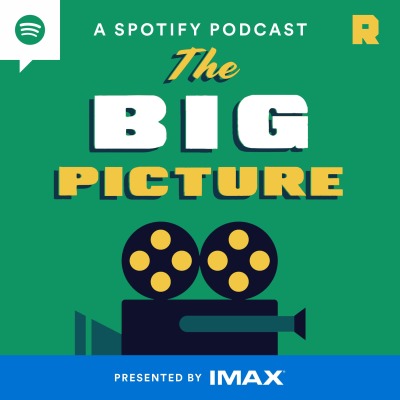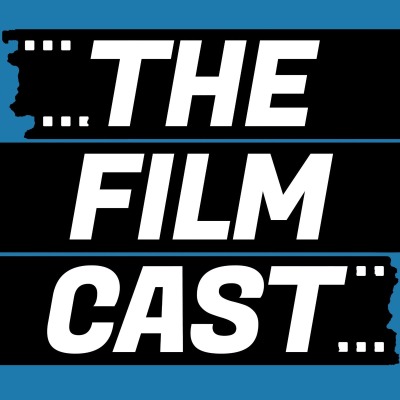'Civil War': Art Worth Arguing About
Alex Garland's new film has prompt some great conversations about war, politics, journalism, and the ultimate purpose of art.
This past weekend, I went to see Alex Garland's new film Civil War.
I really enjoyed it. It was visually stunning, it sounded like an actual war, and had some incredible performances.
What I've really enjoyed in the aftermath of seeing it are the conversations and disagreements. They have been robust and fun, and I find art that can incite this kind of conversation to be the best kind.
One of the biggest criticisms is the lack of context or world-building in the film. It was marketed somewhat vaguely, and I think many in early audiences showed up expecting a different type of movie. A movie that would take a side. A movie that had some explicit politics. A movie that you either loved or hated for very obvious reasons, namely political ones that disagreed with yours.
It wasn't really that kind of movie, though.
But what it was is up for debate. Conversations that inevitably start with that lack of context/world-building criticism without fail move on to more interesting conversations. For example, it's much remarked upon that the film's Western Forces is made up of Texas and California, two states known for their cultural alignment and agreement on most issues. When that's not explained—how they teamed up, what they were responding to, what united them—people have complained that the film isn't saying anything.
Take, for instance, the three-way discussion on The Big Picture podcast.

The pivot beyond the context/world-building criticisms touched on myriad topics. Made just for me was the discussion of the film's view of journalists, and while Garland has said his goal was to make journalists the heroes of his film, there's a lot ambiguity of what he thinks about the usefulness of journalism, the ethics of its practice, and the type of person who pursues it so relentlessly.
One of the most interesting strands of their conversation is whether Civil War is an anti-war film, and whether the concept of an anti-war film, when not a documentary to showcase the horror of war with actual participants, is even possible, since the cinematic tricks that draw audiences in manipulate us into reacting positively (in the movie-going sense) to what we see on screen.
Another good conversation was had on The Filmcast podcast.

The guys talk about the value of journalism, whether objective reporting does anything for the audience, whether it matters to history.
They also dig into expectations around the film (and how they tie in to those context/world-building criticisms): Do audiences have a point when they expect commentary on (and affirmation of) certain politics when the film is set in a 2024-like setting? They make the point of how the film could have been made in its current format but set 100 years in the future, and nobody would have a single complaint; the context/world-building matters because of the world and political climate the film was released into.
Both are great, ranging conversations that cover so many interesting topics of art and commerce, and in the moments of each podcast, the hosts all realize what a great thing it is to have a film that could stimulate such conversations.
